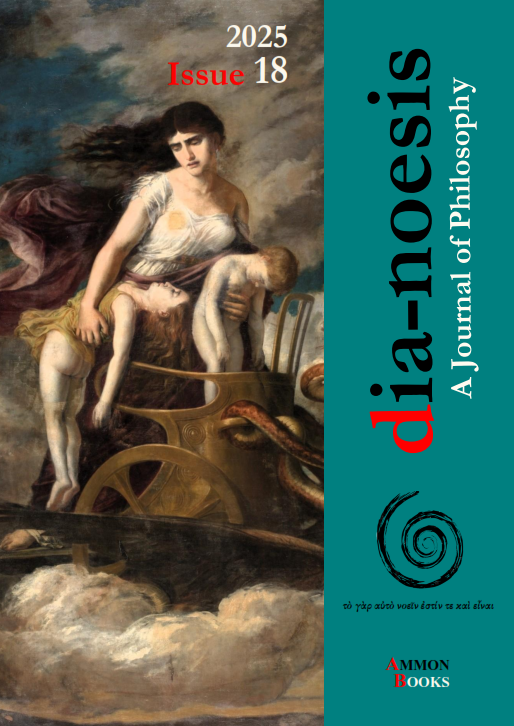The Philosophy of Mediation Procedures in Ancient Greece

Abstract
This study examines the historical development of mediating mechanisms for dispute resolution in Ancient Greece, starting from ancient Greek myths and Homer's epics to the implementation of the first mediating procedures in practice. It explores not only the institutional and practical application of these methods—such as the arbitrators in Athens or inter-state arbitrations—but, above all, the philosophical background that legitimized them and made them effective. A philosophical background that is, on the one hand, similar to todays, since the constituent elements of mediation remain largely the same, but on the other hand, so different, since the criterion for selecting the person called upon to conduct the mediation process was his prestige, their character, and their position in the state, rather than their appointment under relevant legislation. Particular attention is given to the works of Demosthenes, Isaeus, and Aristotle, which reveal not only the legal and procedural aspects of early processes resembling mediation, but also their ethical background, leading us to conclude that ancient Greek mediation procedures were based on a strong ethical philosophy whose ultimate goal was to preserve social peace and the prosperity of the city.
Article Details
- How to Cite
-
Koliopoulos, A., & Kourtoglou, O. (2026). The Philosophy of Mediation Procedures in Ancient Greece. Dia-Noesis: A Journal of Philosophy, 18(2), 481–504. https://doi.org/10.12681/dia.43455
- Section
- Articles


